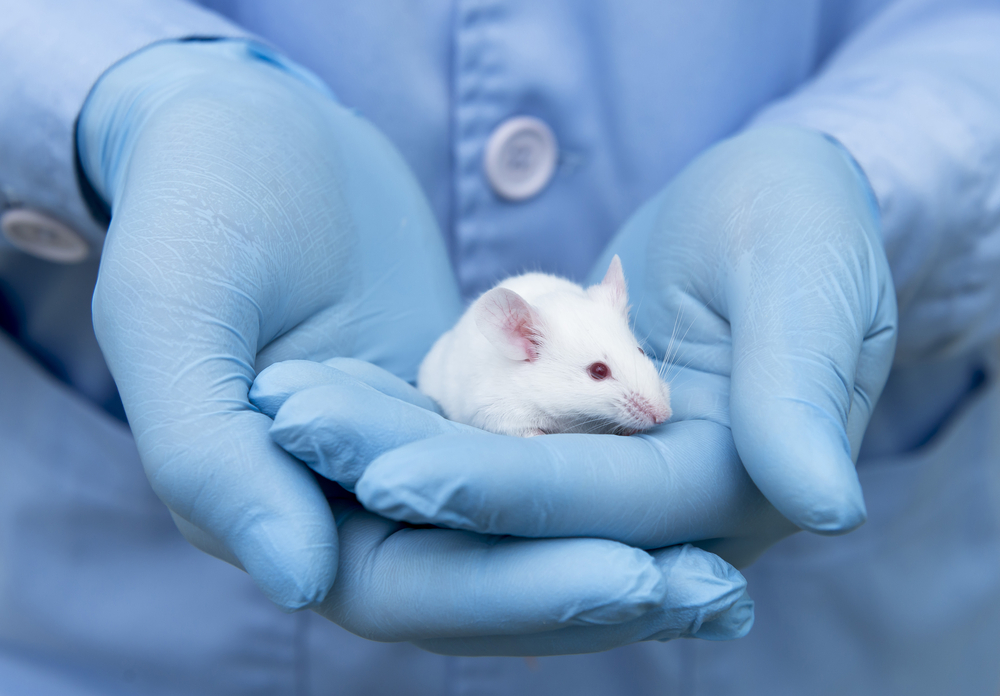Small Molecule Originally Developed to Treat Depression Improved Memory in Alzheimer’s Mouse Study
Written by |

A small molecule delivered orally for 56 days improved memory in mice carrying the ApoE4 gene, the most common genetic risk factor for Alzheimer’s disease.
The molecule, called A03 and initially developed as a candidate therapy for depression, increased the levels of a protective protein, called sirtuin 1, in the hippocampus — a brain region involved in memory formation.
The study with those findsings, “A small molecule ApoE4-targeted therapeutic candidate that normalizes sirtuin 1 levels and improves cognition in an Alzheimer’s disease mouse model,” was published in Scientific Reports.
The apolipoprotein E4 (ApoE4) gene is the major known genetic risk factor for sporadic Alzheimer’s disease, present in about two of three people with the disease. This gene is linked with accumulation of the amyloid-beta protein, one of the hallmarks of Alzheimer’s disease.
Previous studies have shown that expression of ApoE4 significantly reduces the levels of sirtuin 1 (SirT1), a protein known for its neuroprotective effects. Low SirT1 levels trigger the death of nerve cells by promoting the toxic accumulation of amyloid-beta and tau protein, another protein linked with Alzheimer’s disease and related dementias.
One particular study showed that restoring SirT1 levels back to normal reduced the damaging effects of tau accumulation.
Researchers from the Drug Discovery Lab at the University of California, Los Angeles hypothesised that restoring the levels of SirT1 in individuals predisposed to or already with Alzheimer’s disease could halt tau accumulation and delay the onset of symptoms.
The team previously had performed a drug screening, using cells grown in the lab, for small molecules that were able to increase the levels of SirT1 in the presence of ApoE4. In this process, they identified a potential candidate called A03, a compound originally developed as a potential treatment for depression by AstraZeneca.
Now, they tested the effects of oral A03 in a mouse model of Alzheimer’s disease genetically engineered to carry the ApoE4 gene.
Treatment for 56 days with A03 increased the levels of SirT1 in the hippocampus, a region in the brain linked to memory and spatial navigation, and also one of the regions most affected in Alzheimer’s disease. Accordingly, the animals showed improved memory as shown by their performance in the Novel Object Recognition (NOR) memory test.
During this test, animals are initially exposed to two identical objects and, after 24 hours, are shown one familiar and one new object. Animals with an intact memory remember the familiar object and spend more time with the new object.
The performance of the A03-treated mice was similar to that of healthy control animals.
A03-treated mice showed no impaired behavior and no signs of toxicity after treatment with A03 for 56 days.
Researchers believe these results “support the advancement of A03 as a preclinical candidate for development as the first ApoE4-targeted brain SirT1 enhancer.”
The team is now conducting further research on A03 while screening for new small molecules that can efficiently increase the levels of SirT1 in the brain of ApoE4 carriers.





